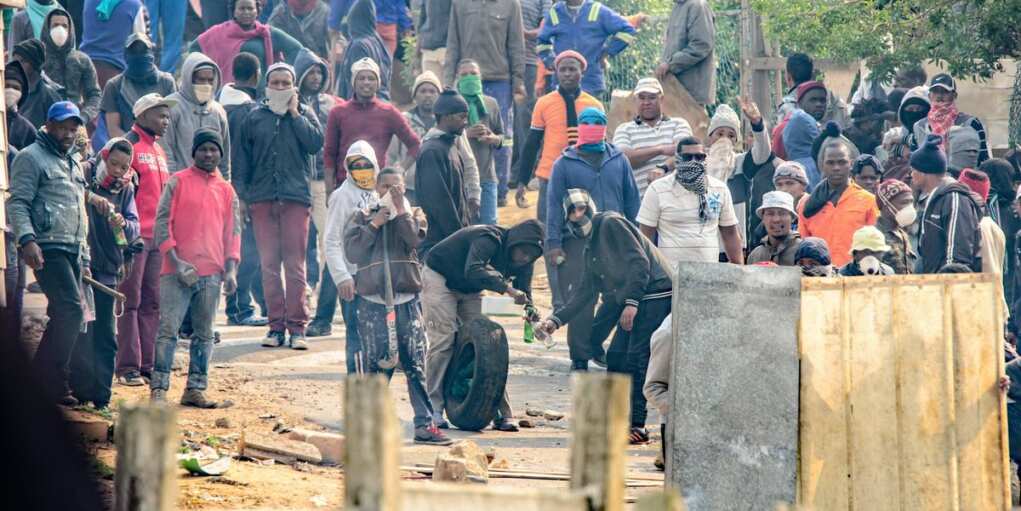Trump Calls Out Genocide — Then Malema Doubles Down With ‘Kill the Farmer’ Rant

President Donald Trump stunned onlookers during South African President Cyril Ramaphosa’s visit to the White House by playing a video montage showing South African opposition leader Julius Malema chanting phrases like “Kill the Boer!” and “Shoot to kill!” in rallies aimed at white farmers. Trump cited the chants as evidence of a growing genocide in South Africa and confronted Ramaphosa directly about his government’s land seizure policies and failure to stop racially charged attacks.
Ramaphosa attempted to downplay the issue, claiming that Malema’s rhetoric doesn’t reflect the South African government’s position and calling the chants “freedom songs” disconnected from current policy. He insisted that Malema and his Economic Freedom Fighters (EFF) party represented a marginal faction in South African politics.
But that narrative quickly collapsed when Malema himself took to social media to respond — not with a denial, but with escalation.
“Kill the Boer, Kill the Farmer! Victory is Certain!” the EFF declared in an official statement Wednesday afternoon, doubling down on the same incendiary rhetoric Trump had just exposed.
Malema, furious with Trump’s comments, reaffirmed his party’s commitment to seizing land from white farmers without compensation. The policy, long condemned by human rights groups and economists, has driven thousands of Afrikaners to seek asylum in other countries, including the United States.
South Africa recently passed legislation to legalize land expropriation without compensation, a move the Trump administration has pointed to as a green light for racial vengeance disguised as policy.
While Ramaphosa tried to frame Malema as a fringe voice, the numbers tell a different story. In South Africa’s last general election, the EFF secured nearly 10% of the vote, and the even more radical MK Party — which also supports land seizures — garnered close to 15%. These are not obscure movements. Combined, they outpoll several traditional parties and have shifted South Africa’s political discourse sharply toward racial grievance and redistribution.
Trump’s critics in the press had previously dismissed his warning about “white genocide” in South Africa as hyperbole. But Malema’s open celebration of racial violence is now making it harder to ignore the growing threat. Even as international human rights organizations express concern, the South African government has refused to prosecute Malema or apply hate speech laws against him.
The White House’s dramatic footage also included images of sprawling burial grounds and crosses marking the graves of murdered farmers — a somber counterpoint to Ramaphosa’s assurances that nothing is wrong.
The question now is what the U.S. will do next. Trump has already granted refugee status to dozens of white South Africans, and Secretary of State Marco Rubio has signaled that more asylum cases may soon be accepted. In Congress, several GOP lawmakers have urged the administration to take a hard line on South Africa, potentially restricting aid or targeting the EFF with sanctions.
Meanwhile, Malema’s unrepentant response has laid bare the ideological fault lines within South Africa. What began as a domestic land debate has exploded into a global showdown over race, reparations, and radicalism.
And thanks to Trump’s bold confrontation, the world is watching.

